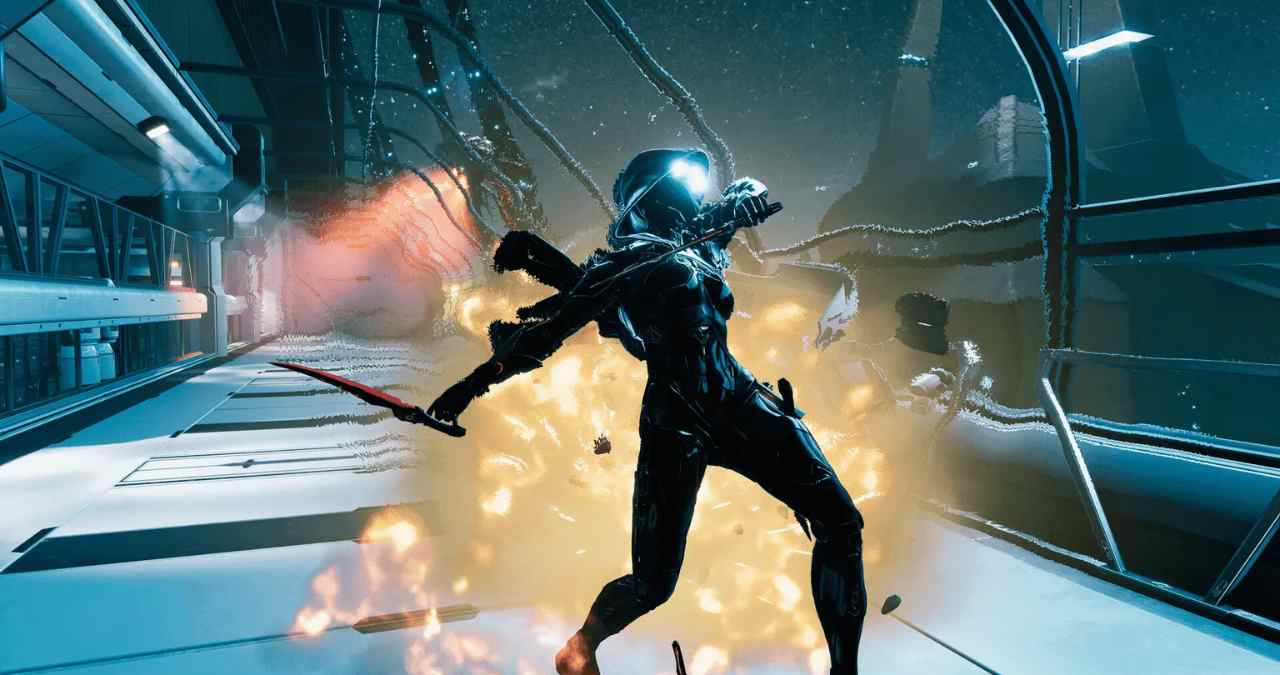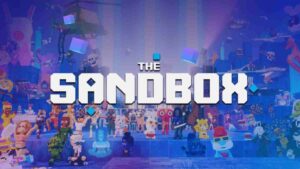Unioverse, the ambitious sci-fi Web3 universe designed around open asset sharing and community-driven content, has officially shut down just six months after its launch. The team announced a full stop on all development, with servers and support winding down shortly after.
It’s a sharp and early exit for a project that had positioned itself as both a game and a creative platform. Instead of focusing on one core gameplay loop, Unioverse aimed to create a modular IP where players could build, remix, and trade characters, assets, and story content across experiences.
A broad vision that never found its footing
At its core, Unioverse was less about a single game and more about a framework. It launched with character drops, lore-building initiatives, and promises of interoperable assets meant to move between games and user-created projects. But with no single flagship experience to anchor it, the ecosystem struggled to gain sustained attention.
There were early signs of strong community interest, especially around NFT-based characters and the platform’s creator tools. But the lack of a compelling, playable experience made it difficult to maintain momentum, even with free-to-use assets and heavy narrative ambition.
In the end, the project found itself caught between too many priorities — offering creative freedom, experimenting with blockchain integration, and trying to scale into a metaverse-lite format without the backing of a major publisher or entrenched user base.
Web3 headwinds and AI disruption accelerated the decline
The team cited multiple factors behind the closure, but two stood out: broader instability in the Web3 sector and the rising cost of competing with AI-powered game production. The blockchain gaming market has seen a slowdown in both player growth and investment, especially for projects that don’t offer immediate, replayable content.
Meanwhile, AI tools have rapidly reshaped expectations for asset generation and game development pipelines. Unioverse had originally leaned on community creators to fill in the world, but the sudden flood of low-cost, high-speed AI content made it harder for player-driven creation to stand out — or stay relevant.
This combination of shrinking engagement and shifting development economics left little room for a hybrid platform like Unioverse to pivot or repackage itself.
What’s next for the assets and the community?
With the project shutting down, the status of previously issued NFTs, tools, and content is still being clarified. The team has indicated that assets will remain accessible for collectors, though any integration with future experiences will likely be limited or nonexistent.
For players and creators who bought into the ecosystem, the shutdown leaves a familiar gap. Web3 gaming has seen several similar stories in recent years — high-concept projects with deep lore and tech backing that fail to deliver on actual gameplay or long-term engagement.Unioverse is a case study in how difficult it is to launch a decentralized content platform without anchoring it to something people want to use today. Big ideas and modular tools matter, but without a central hook — a reason to keep logging in — even the most flexible frameworks can lose their grip fast.
Web3 Analyst & Play Blockchain Games Guide
CryptoKit breaks down Web3 gaming like it’s second nature. From tokenomics to airdrop strategies, she turns blockchain chaos into clear, actionable advice for players who want to win more than XP.




